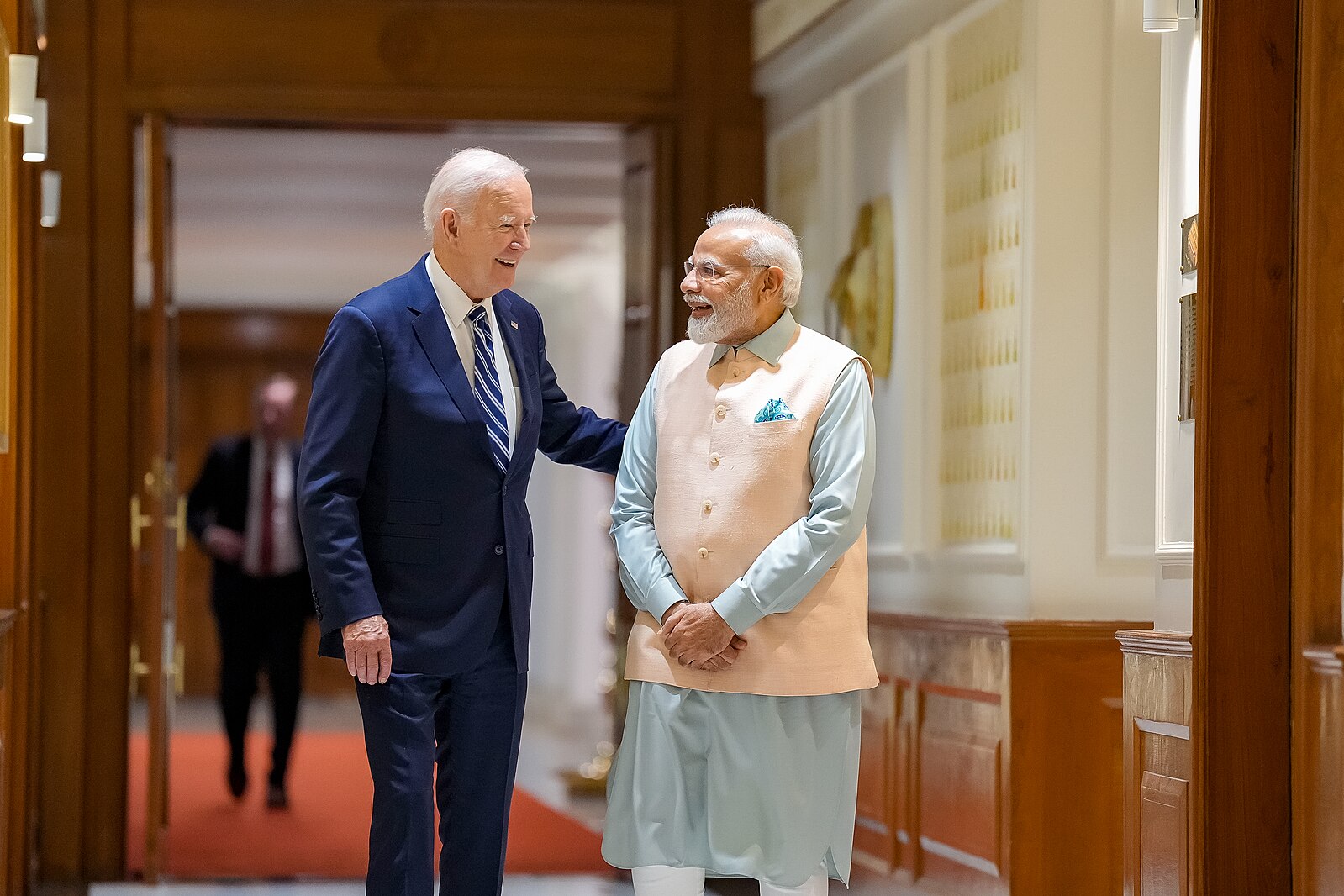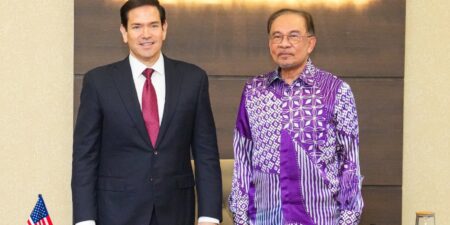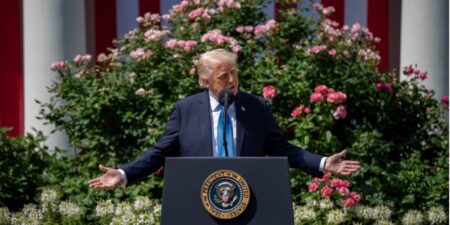The BGA India Team, led by Managing Director Ratan Shrivastava, wrote an update to clients on the recent India-U.S. bilateral meeting in New Delhi.
Context
- Indian Prime Minister Narendra Modi on September 8 hosted U.S. President Joe Biden in New Delhi, where the two agreed on a raft of initiatives to strengthen bilateral cooperation on defense, semiconductor supply chains, space exploration, medical science, quantum computing and the energy transition.
- Biden landed in the capital a day before the Group of 20 (G-20) Summit commenced to join Modi for a dinner at his residence. This was the second bilateral meeting between the two leaders in less than six months, building on the agreements and outcomes of Modi’s state visit to the United States in June.
Significance
- The engagement produced a comprehensive agenda, which is expected to lead to significant commercial and strategic gains. A joint statement of 29 points was released, which outlined the range and depth of the U.S.-India alliance and the role of India as a balancing geopolitical force in the region. On the commercial side, major investments in semiconductors, technology, e-commerce, manufacturing and renewables are expected in the coming months. Major defense deals are also likely.
- The meeting expanded the increasingly dynamic and vast canvas of U.S.-India ties. The discussions reaffirmed the importance of the Quadrilateral Security Dialogue (“Quad”), which includes Australia, India, Japan and the United States, and support of a free, open and inclusive Indo-Pacific as India prepares to host the Quad summit in 2024. Modi and Biden acknowledged the memorandum of understanding between the U.S. Next G Alliance and India’s Bharat 6G Alliance and a U.S.-based manufacturer’s upcoming Open RAN pilot project in an Indian telecom company. These agreements are part of the U.S. effort to expand its leadership in wireless technology with like-minded partners such as India, Japan and Korea.
Implications
- The two countries discussed joint efforts to establish a $500 million renewable infrastructure investment fund to accelerate the energy transition and lower the cost of capital. Collaboration on nuclear energy included the development of next-generation small modular reactor technologies and support for India’s membership in the Nuclear Suppliers Group. Additionally, India, the United States and 30 other partners announced the Global Biofuels Alliance, which aims to accelerate the adoption of biofuels as an alternative to fossil fuels. The initiative encourages businesses to explore new markets and investment opportunities in India and the United States.
- The leaders appreciated efforts to settle the seventh and final U.S. bilateral World Trade Organization dispute with India, agreeing to cut tariffs on U.S. poultry, frozen turkey and cranberries. The move will likely boost U.S. agricultural exports and increase market access in India. India also lauded the U.S. decision to co-lead the Indo-Pacific Oceans Initiative (IPOI) pillar on trade connectivity and maritime transport after Washington joined the IPOI in June.
We will continue to keep you updated on developments in India. If you have questions or comments, please contact BGA India Managing Director Ratan Shrivastava at ratan@bowergroupasia.com.
Best regards,
BGA India Team


























